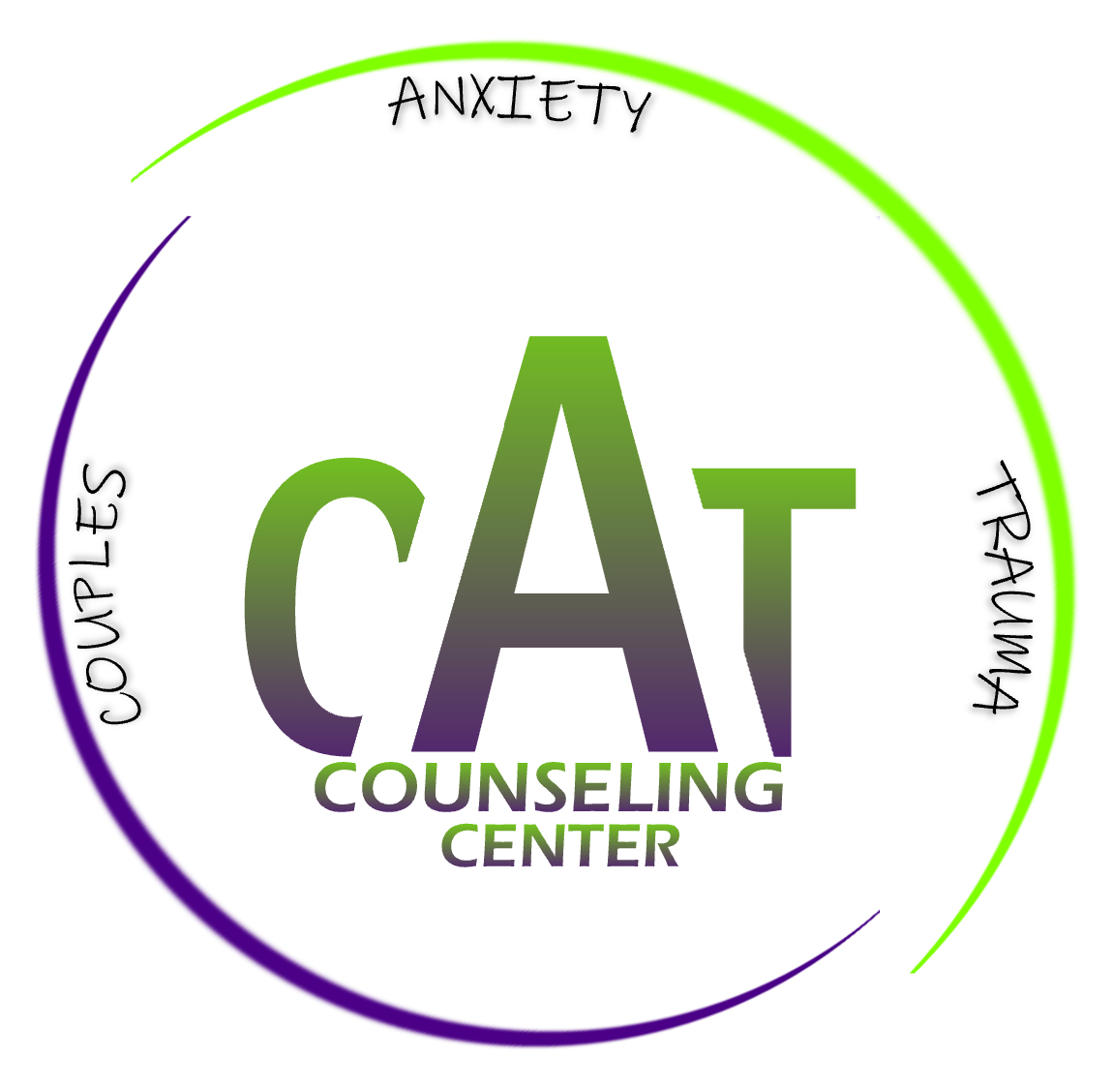Recapping the podcast 3 Research Backed Secrets to Unlock a Happier Life

Mel Robbins is widely regarded as one of the top celebrity coaches in the U.S. She produces a podcast and episode 48 discussed 3 Research Backed Secrets to Unlock a Happier Life.
Mel cites that researchers from Rutgers and University of Toronto found those who chase happiness outside yourself feel like you don’t have enough time to find it. We have been sold the idea that we have to pursue happiness. Perhaps it was Declaration of Independence (In pursuit of happiness). We often say I will be happy when:
- I get perfect job
- Get into dream school
- Buy a house
Happiness has been shown in research to plummet when we get the event or goal we desire. We find that the happiness does not last. One can feel like happiness is something to earn. But we have capacity for happiness. Researchers have found 50% of happiness is genetics; 10% is based on circumstances going on right now and 40% is under your control completely.
Psychologists say there are 2 types of happiness:
- Hedonic – having fun, gleeful experiences
- Eudiamonic – sense of meaning, life being worthwhile
Mel and one of her callers discussed not having fun while they were working on themselves consistently. They were doing the “work” — journaling, self-help, processing the events of life, changing habits and healing. But Robbins said what was missing is that they were not enjoying life. Mel stated – she was not having any fun. Everything was work and serious. My wife mentioned that to me recently; that I was seemingly not having as much fun.
For those of us that resemble that remark, may need to have a very intentional goal of having more hedonic (fun) experiences. I too had to do the same thing. I just attended an old-school hip-hop concert and had a great time as I was having my own concert in the stands by dancing and rapping along with the actual performers.
The truth is that we need to have both types of happiness. The amount? It depends. I hypothesize that if we are doing too much of one, something will seem missing. If we just focus on hedonic happiness, then we can chase the “sugar highs” of life. We can feel as though we have to chase or feel the pressure to create those high eventful moments or it may seem as though something is not quite right. In that case, blending in some level of eudiamonic happiness is necessary. Finding something that has a deeper meaning. Helping others, focus on one’s purpose, or delving into religious or spiritual pursuits. Or if we are so focused on self improvement, getting feedback, changing habits, etc. we may need to mix in some just straight fun either laughing or indulging in something that is pure joy to our souls.
Robbins shared a great piece of data. Researchers have found that the top factor of living a happy life is experiencing quality and depth of relationships. The Harvard Study of Adult Development looked at 724 people and in 3 generations 1300 descendants. Participants were tracked as they lived. One singular conclusion – good relationships make you happier and healthier. The single best thing you can do is to cultivate warm relationships – those that are non-conflict causing. You are excited to see them. Spending more time cultivating and being with those and less time with higher conflict relationships.
Data shows that 75% of adults feel or have felt moderate to high levels of loneliness. When we are not happy, at times the source of it could be due to loneliness. Although we may need different levels, we need some connection. You can be lonely in a crowded room, bad marriage, toxic friendship. As social beings connected warm relationships make you feel safer and happier. Mel discussed that in her most successful part of her professional life, she felt lonely. She was with colleagues, had some fun, but was disconnected from those that meant the most due to the constant travel, etc.
Solution – reach out to folks. Recuse yourself from thinking they have not talked or called me so why should I call them? This is also about your own happiness. Robbins encourages people to reach out to people to do social activities, spend time and engage them for connection which is a good way to re-heat some old lukewarm relationships.
Even if you are not around friends much or don’t have many, Mel suggests proactively speaking to strangers in public such as at an event or store. Complimenting them on something generates positive nuggets that help us to connect with others more.
Another important aspect in happiness is inner peace. It means to be content and secure. To achieve it one has to watch their inner dialogue. According to Dan Gilbert a Harvard professor, half of our waking moments is spent on thinking of something beyond our present moment. A wandering mind that is not present is linked more so to worry, stress and unhappiness. Research shows that the amount of time you believe you have to live, shifts your priorities now. The more you perceive you are at end of life, the more you are in the present.
From the “betcha didn’t know file”, Mel states research shows people are more happier later in life. Those that are over 70 tend to be more present and focused on the now and less about future. They are more in the moment. Who knew?!
Inner peace can be brought on by listening to others (not just hear), hyperfocus on mundane things like eating (savor each morsel). This encourages us to be more mindful and be more present.
